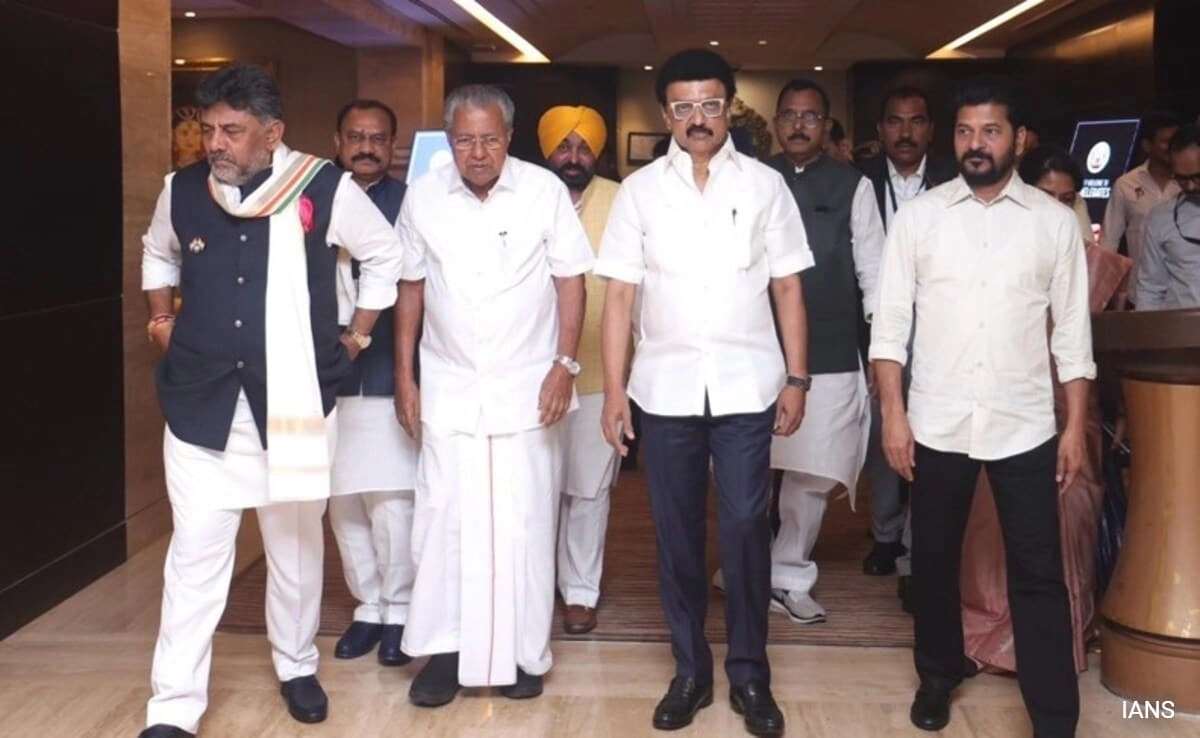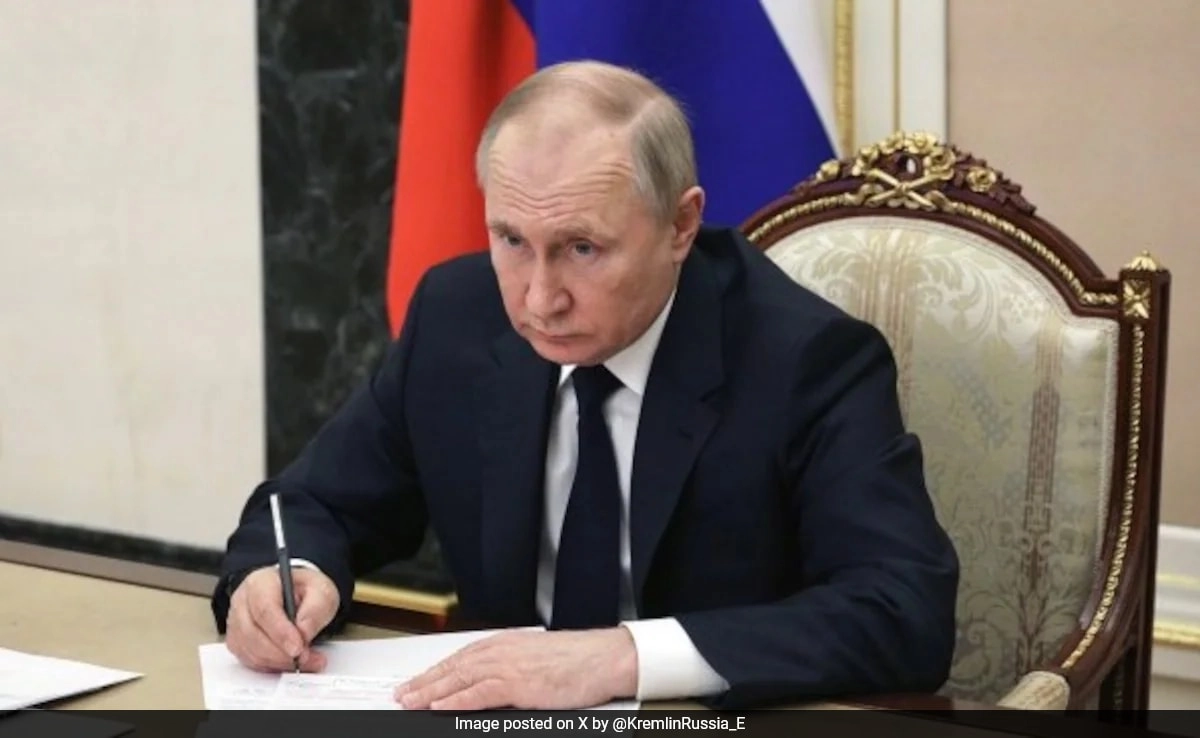In a recent statement, a prominent U.S. economist has criticized the tariffs imposed by former President Donald Trump on India, labeling them as the “stupidest tactical move.” This assertion underscores the complexities and consequences that arise from protectionist trade policies. The economist argues that such tariffs not only strain bilateral relations but also have far-reaching implications for the U.S. economy. By imposing tariffs, the Trump administration aimed to protect domestic industries from foreign competition; however, the economist contends that this approach ultimately backfired, leading to higher costs for American consumers and businesses.
The tariffs, intended to curb imports from India, particularly in sectors like steel and aluminum, were part of a broader strategy to revive American manufacturing. However, critics have pointed out that these measures often lead to retaliation from affected countries, which can escalate into trade wars that harm both economies. In this case, India, as one of the largest markets for U.S. goods and services, could respond with its own tariffs, further complicating trade relations. The economist emphasizes that such confrontational tactics may alienate key allies and disrupt long-standing partnerships that are crucial for global economic stability.
Moreover, the economist highlights the potential damage to innovation and competitiveness that can arise from tariffs. By raising import costs, these measures can stifle the supply chain and reduce access to essential materials and components that U.S. companies rely on for production. This, in turn, can hinder the ability of American firms to compete effectively on a global scale, as they face increased production costs and diminished international market presence. The long-term effects of such policies could lead to a decline in economic growth and job creation, undermining the very goals that the tariffs were intended to achieve.
In conclusion, the criticism leveled by this economist serves as a reminder of the intricate balance that must be maintained in international trade. While the desire to protect domestic industries is understandable, the consequences of unilateral trade actions, such as tariffs, can often outweigh the perceived benefits. As the global economy becomes increasingly interconnected, it is imperative for policymakers to adopt strategies that promote collaboration and mutual growth rather than confrontation. The lessons learned from the Trump-era tariffs on India could serve as a crucial guide for future trade negotiations and economic policies aimed at fostering sustainable development and international cooperation.




